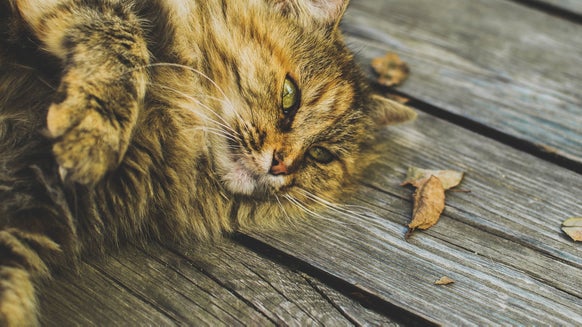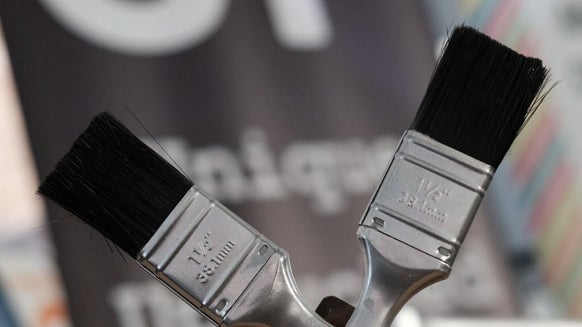Ten Things You Need to Know Before You buy Pet Insurance


Unfortunately, unlike us humans, our beloved cats and dogs don’t have a National Health Service meaning illness or injury could ended costing you £100s in vet bills. One way to prepare financially is pet insurance but how do you get the best policy at the best price? Here are 10 things you need to know before you buy.

Tip 1: Your pet may be excluded
Some pets, usually dogs, are very difficult to cover. Dogs bred for their aggressive nature often can't be insured, such as pit bulls, Japanese tosas and Brazilian mastiffs. If your dog is crossed with any of these, it is unlikely to be covered.
This situation is similar for working dogs. Pets used for commercial purposes - racing, hunting, or sheep dogs - are normally excluded from this cover.
If you own any of these find cover with the help of a broker. The British Insurance Brokers’ Association is a good starting point.
Tip 2: Don't lie on your policy
If you are buying cover online resist the temptation to bend the truth to lower premiums. Lying on an insurance application is fraud. It can lead to your insurance being invalidated and, in the worst case, a criminal prosecution.
When applying for a policy, disclose all of your pet's medical history. This may make cover more expensive in the short term but will save you cash in the long term as providers won't pay up if they believe your pet's medical conditions existed before you took out the policy.
Tip 3: The PDSA may be able to help
The PDSA – People’s Dispensary for Sick Animals – provides free vetinary services for sick or injured animals for owners on means tested support for council tax or on housing benefits. Visit the PDSA site to see if you’re eligible.
The PDSA will cover cats, dogs and other small furries but will only cover one pedigree pet per household. If you can afford to make a small donation, then you should, as it relies on the kindness of the public to keep these services running.
However, the PDSA is not a substitute for insurance, especially if you have a dog, as you will need public liability but more on this below.
Tip 4: Public liability cover is a must for dogs
Unlike cats, which are legally defined as free spirits, as an owner you are responsible for the damage caused by pet dogs. So if he runs into the road and causes a car accident, for instance, you could be sued by the drivers involved. However, insurance covers public liability handling the costs if your dog is involved in any kind of incident.
This cover is sometimes included in home insurance policies, so check your policy T&Cs closely to see if you need it. Another option for liability coverage is to join the Dogs Trust. The charity offers liability cover as part of its £25 per year membership fee. This covers you up to £1 million for any damage or injury caused to other people, their property or pets by all the dogs you own (though if you own a dangerous dog, it's likely to be excluded).
Tip 5: Get your micro-chipped
Getting your pet micro-chipped is certainly worth considering, not only will it help if Mr Whiskers or Rover goes missing but some insurers will also give you a discount on your insurance if your pet is chipper.
At the moment, it's not compulsory to have your pet micro chipped if you live in England - but it will be from April 2016. It's already compulsory in Northern Ireland and Wales, while Scotland's considering similar measures.
Tip 6: Don't forget annual injections
Make sure your pet has the proper vaccinations, supplied by a vet, and you're provided with certificates. If you don't bother, or forget to keep your furry friend up-to-date with routine jabs, it could mean you aren't covered, and it could even invalidate your insurance.
Your pet doesn't have to be vaccinated to get a quote. But if you claim for a condition which would have been prevented by a routine vaccination, then it may not be met if your pet hasn't been given that vaccination.
Remember to keep your vaccination certificates in a safe place - you might need to produce them if you need to make a claim.
Tip 7: Check-ups and rountine injections aren't covered
Insurance for pets is designed to cover the unforeseeable so broken bones and other accidental injuries, illness and the cost of advertising and a reward if you fall victim to dog or cat-napping are all included in most policies.
However, routine injections - flu, tetanus, parvovirus, annual boosters - check-ups, worming treatments and anti-flea medication are all excluded.
Tip 8: Multi-pet deals can help you save big
Many insurers will often offer a 5% to 10% discount if you put multiple pets on a single policy. However, don't let it stop you shopping around for a better, cheaper policy elsewhere. After all, 10% off is no good if you can get a rival policy elsewhere for 12% less.
Tip 9: Pedigree dogs can cost more
If your pooch is posh, it may be more likely to develop hereditary conditions. For example, some suffer from weak joints or hips due to generations of inter-breeding. These can require regular support and treatment.
Some policies exclude treatment for hereditary conditions, so check your policy carefully. Many insurers also exclude conditions animals are born with. As a rule, pedigree owners pay more as insurers’ factor in their tendency to run a higher risk of long-term conditions, plus their heightened appeal to pet-burglars. Never lie about your pet's origins to save money on monthly premiums; declaring a dog a mongrel when it's anything but can void your policy.
Tip 10: Try specialist providers for exotic pets
From skunks to sugar gliders and possums to pot-bellied pigs, you'll need to try a specialist operator - in particular, to protect against burglars targeting rare or valuable creatures.
If you've a python worth £2,000, for example, pay extra special attention to what gets paid out on death or theft. If you have a tarantula, and like to show it off, perhaps consider third party insurance in case it takes a chomp out of one of your guests. Or then again, ensure the tank is very secure.
Leigh Jackson is a qualified journalist. Leigh is part of the Money Saving Expert editorial team and is an expert in writing insurance content.








